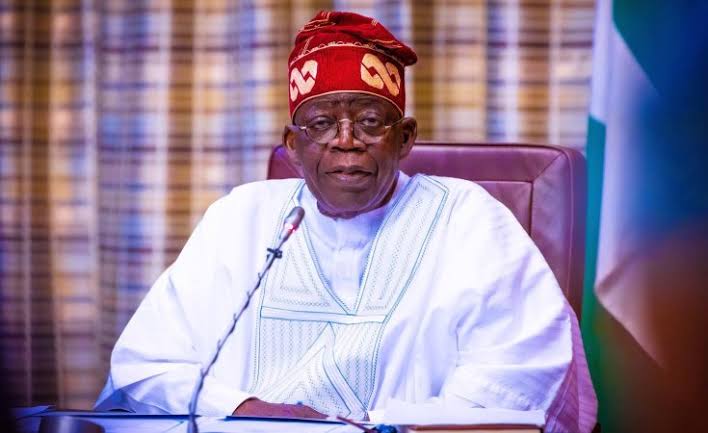ABUJA, Nigeria — July 27, 2025 – As Nigeria’s public debt hits a staggering N149.39 trillion in the first quarter of 2025, economic experts have urged President Bola Ahmed Tinubu’s administration to adopt a more cautious and development-focused borrowing strategy.
The warning comes in response to the Nigerian Senate’s recent approval of a new external borrowing plan exceeding $21 billion for the 2025–2026 fiscal cycle. Experts, speaking in Abuja on Sunday, expressed concern about the sustainability of Nigeria’s debt and called for strict adherence to fiscal responsibility laws.
Development economist Dr. Ken Ife noted that while borrowing is not inherently problematic, the critical issue lies in how borrowed funds are utilized.
“Borrowing isn’t the problem—it’s what we do with the funds. When loans are used primarily for consumption without generating productive assets, then we’re only compounding the debt burden,” said Dr. Ife, who also serves as a lead consultant on Private Sector Development to the ECOWAS Commission.
He stressed the need for the government to comply with the Fiscal Responsibility Act, which mandates that public borrowing must be geared towards developmental projects, particularly those with long-term benefits.
“There must be cost-benefit analysis. Borrowing should support infrastructure that aligns with economic, industrial, commercial, and residential corridors to ensure maximum impact,” he added.
Dr. Uche Uwaleke, Director of the Institute of Capital Market Studies at Nasarawa State University, attributed the country’s debt overhang to weak domestic revenue generation and an overdependence on oil revenues.
“The heavy reliance on crude oil receipts, which are volatile and unpredictable, has left the government vulnerable. The growing infrastructure deficit may justify some borrowing, but the opportunity cost is steep—sectors like education and healthcare are being underfunded,” Uwaleke said.
He emphasized that while the Fiscal Responsibility Act (FRA) of 2007 outlines clear borrowing parameters—such as the need for loans to be concessional and tied to capital and human development projects—its lack of enforcement provisions renders it ineffective.
“The Act needs to be amended to include strict compliance mechanisms. It should prevent all levels of government from borrowing for consumption or projects without clear returns,” he insisted.
Former President of the Chartered Institute of Bankers of Nigeria (CIBN), Mr. Okechukwu Unegbu, also described Nigeria’s growing debt as “embarrassing” and urged the Tinubu administration to exercise greater fiscal prudence.
“We need to manage our revenue more effectively. Borrowing should be the last resort—not the first response. With better governance, we can reduce the need for excessive loans,” Unegbu said.
According to data from the Debt Management Office (DMO), Nigeria’s total debt rose by N27.72 trillion or 22.8% year-on-year, compared to Q1 2024. The spike has been largely attributed to new federal borrowings and the depreciation of the Naira, which inflates the local value of foreign-denominated debt.
The debt figure encompasses obligations by the federal government, all 36 state governments, and the Federal Capital Territory (FCT). With projections suggesting Nigeria’s total debt could reach N187.79 trillion by the end of 2025, stakeholders warn that urgent fiscal reforms are necessary to avert long-term economic instability.
Experts agree that unless the government strengthens its financial management systems, boosts revenue through taxation and production, and focuses borrowing on self-liquidating projects, Nigeria risks falling deeper into a debt trap.












